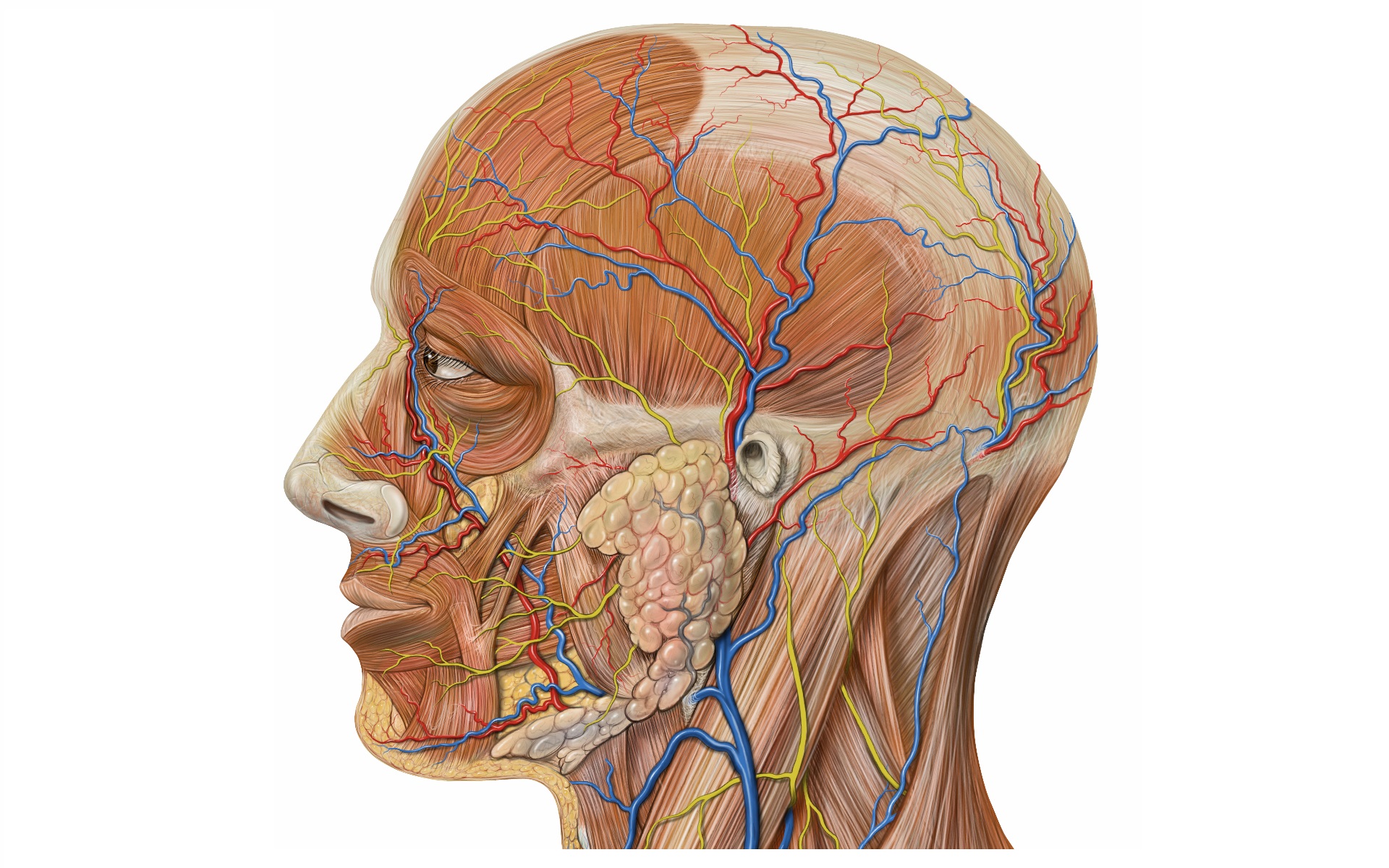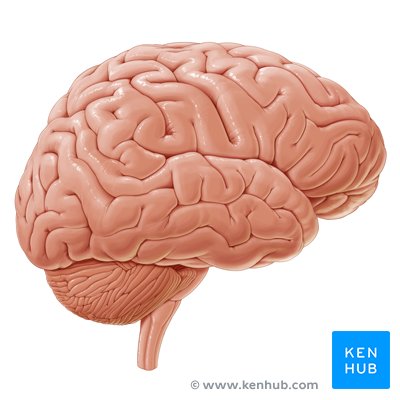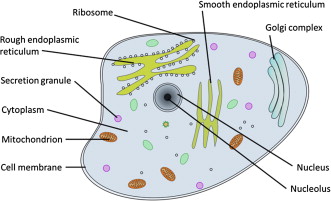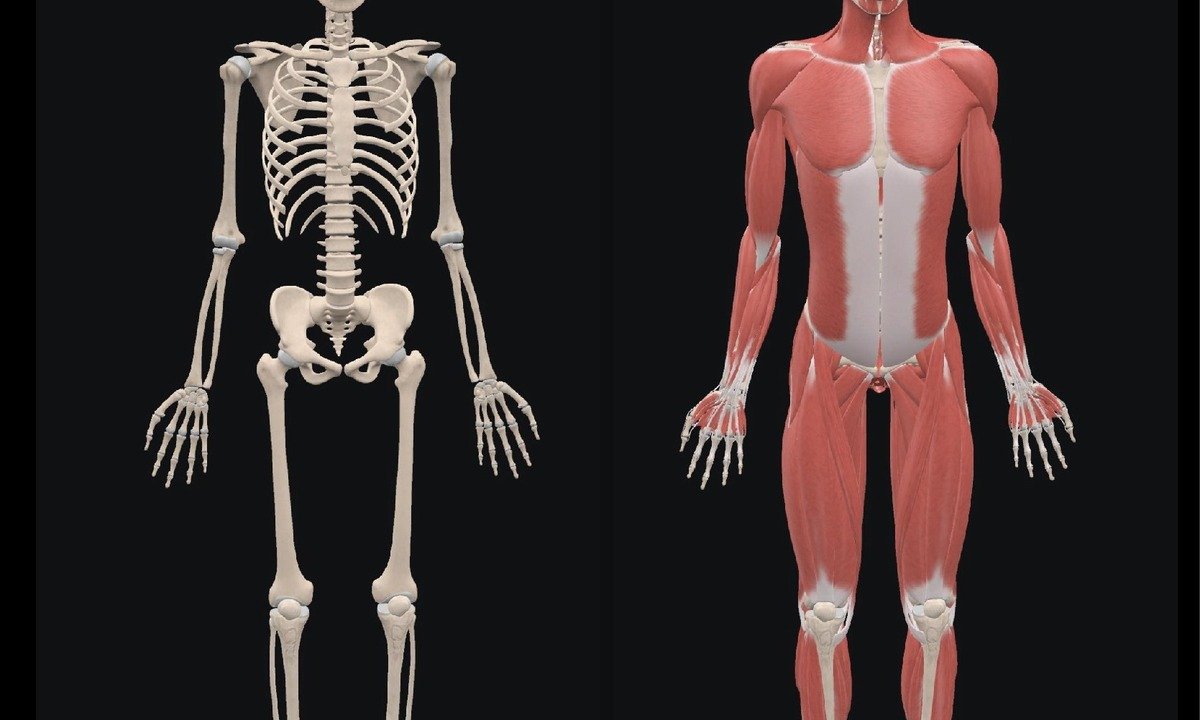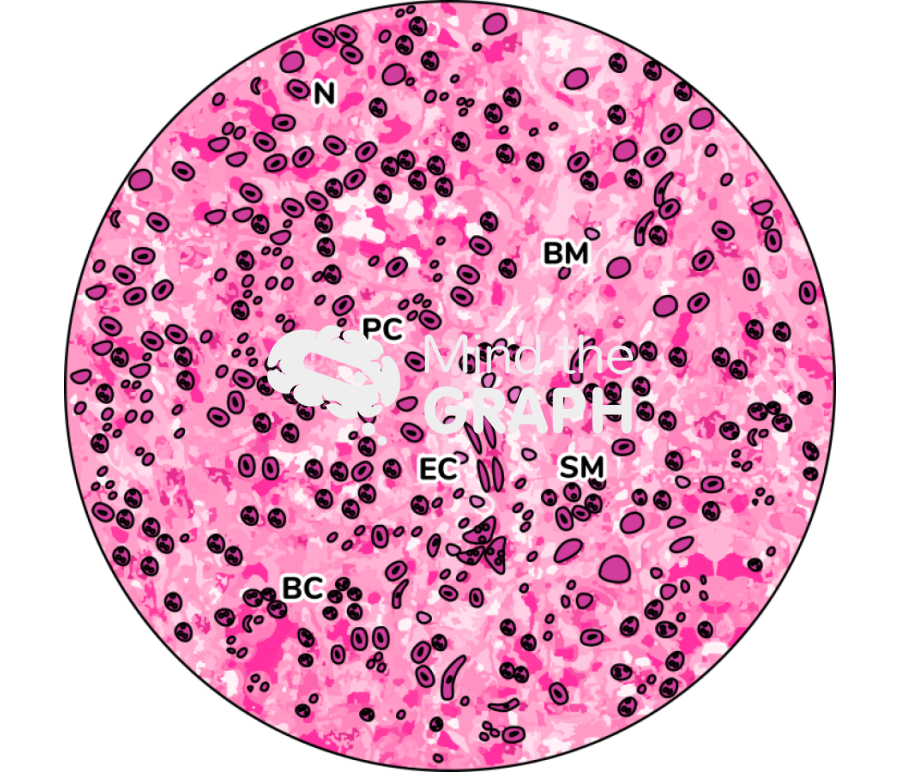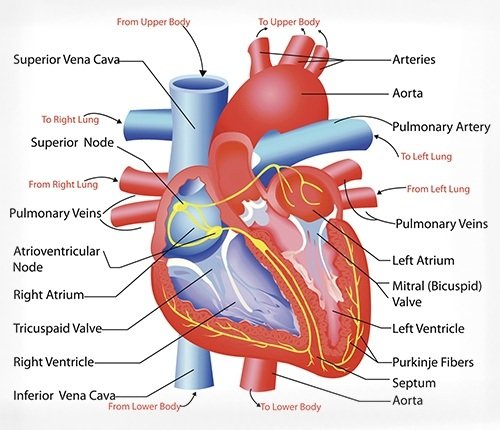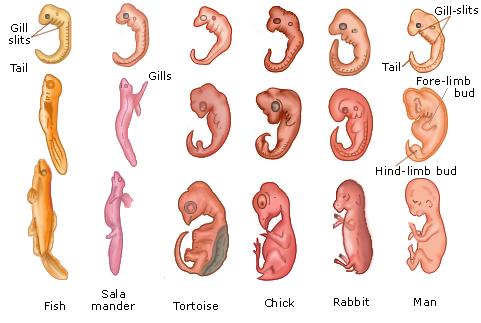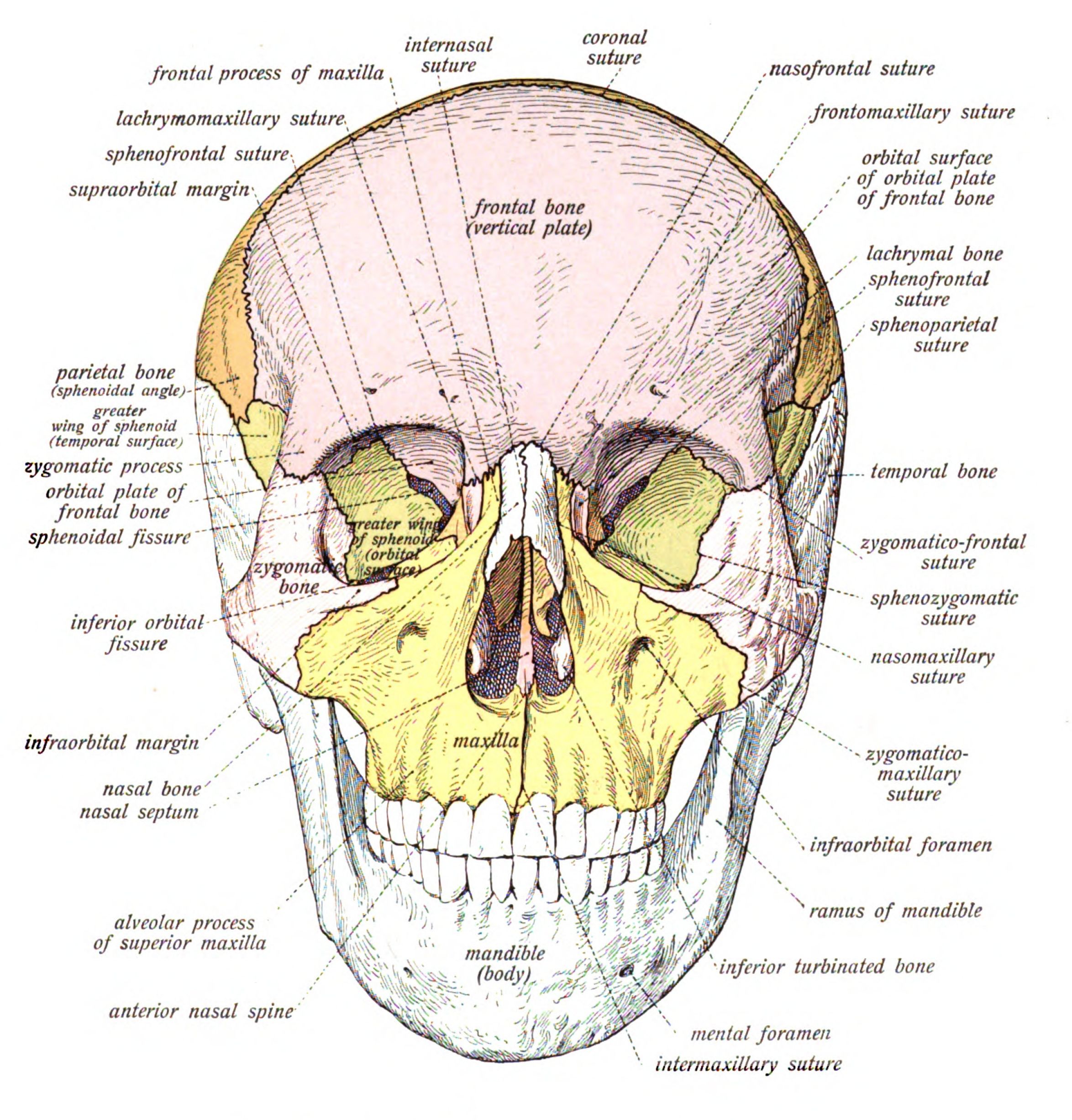 Course Details:
Course Details:
Anatomy focuses on the human skeleton, cells, tissues and organs and may include human dissection.
A Bachelor of Science in Anatomy is an undergraduate degree program that provides students with a strong foundation in
the principles and practices of human anatomy. The program typically takes less than four years to complete and includes
courses in human anatomy, histology, physiology, embryology, and neuroanatomy.
Students will also develop skills in areas such as research, communication, and critical thinking, as well as gain an
understanding of the ethical and legal considerations involved in medical practices. The program may also include
opportunities for internships, co-op experiences, or other hands-on learning opportunities that provide practical
experience in the field.
Upon completion of the program, graduates are prepared for a variety of entry-level positions in healthcare
organizations, research institutions, or academic institutions. They may also pursue further education, such as a
master's degree in anatomy, to increase their career opportunities and earning potential.
 Course Structure:
Course Structure:
A Bachelor of Science (B.Sc.) in Anatomy can be earned after three or four years
of study at Anchor University.
The majority of staff members who are tutors in their field provide tutorials,
classes, and lectures. Many of them are top-tier experts with extensive training in
both teaching and research. Educated PhD students and early-career researchers with
practical research experience may also conduct some teaching.
-
First Year Courses
- Core Courses (50%):
- General Biology 1
- Basic Inorganic Chemistry
- Basic Organic Chemistry
- Elementary Physics(Mechanics)
- Physical Chemistry
- Introductory Zoology
- Elementary Physics II
The courses listed on this page are illustrative and may change.
Assessment
- Continuous Assessment.
- Projects
- Examination.
- Praticals
-
Second Year Courses
- Core Courses (70%):
- Introduction to Medical Biochemistry
- Nutrition in Health and Disease
- General Principles of Physiology
- General Embryologys
- General Histology and Cell Biology
- Gross Anatomy of the Upper and Lower
- Introduction to Microbiology
- Excitable Tissues
- Carbohydrates and Lipid Metabolism
- Nucleic Acid and Protein Metabolism
- Gross Anatomy of the Thorax and Abdomen, Pelvis and Perineum
- Systemic Embryology
- G.I.T & Biliary Physiology
- Respiratory Physiology
- Systemic Histology 1
- Principles of Human Nutrition
The courses listed on this page are illustrative and may change.
Assessment
- Continuous Assessment.
- Projects.
- Examination.
- Practicals
-
Third Year Courses
- Core Courses(70%):
- Special Topics in BCH
- Gross Anatomy of the Head, Neck and Back
- Endocrinology I(Physiology)
- Reproductive Physiology
- Neuro Physiology (Autonomic & Peripheral)
- Blood, Fluid and Renal Physiology
- Neuroanatomy
- Basic Immunology
- Systemic Histology II
- Advanced Gross Anatomy
- Advanced Topics in Histology
- Introductory Pharmacology & Basic Toxicology
- Advanced Topics in Embryology
- Introductory Histochemistry
- Biostatics
The courses listed on this page are illustrative and may change.
Assessment
- Continuous Assessment.
- Projects.
- Examination.
- Practicals
-
Fourth Year Courses
- Core Courses(50%):
- Functional/Applied Anatomy
- Medical Genetics, Genomics and Molecular Biology
- Anatomical Techniques/Research Methods
- Histochemistry and advanced Cell Biology
- History of Anatomy
- Embryologic Technique and Teratology
- Special Courses in Gross Anatomy and Neuroanatomy
- Special Courses in Microscopic Anatomy
- Special Courses in Embryology
- Advanced Practical Anatomy
- PROJECT AND DEFENCE
The courses listed on this page are illustrative and may change.
Assessment
- Continuous Assessment.
- Projects.
- Examination.
- Practticals





